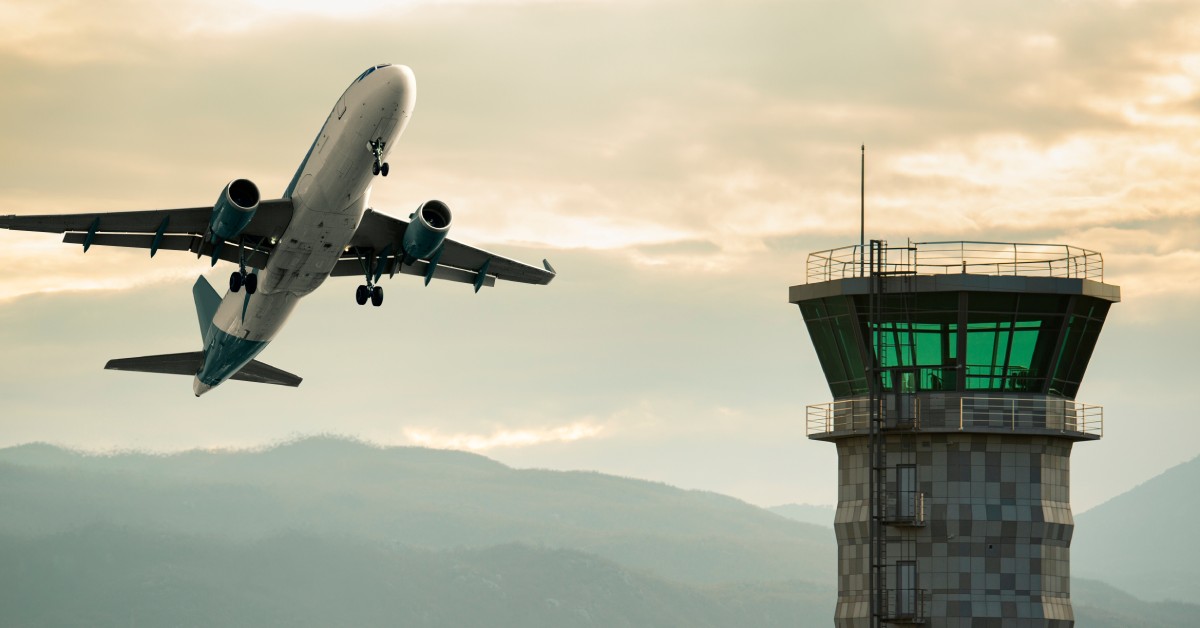Reasons To Consider a Career as a Flight Dispatcher
Ever dreamt of working in the aviation industry but are not keen on flying? There’s an exciting alternative waiting for you! Flight dispatchers are essential members of an airline’s operations team and are responsible for ensuring the safety and efficiency of flights. Let’s take a peek at what makes this career path so appealing.
What Is a Flight Dispatcher?
A flight dispatcher is a ground-based personnel who works closely with pilots to plan and monitor flights from origin to destination. They analyze weather conditions, flight paths, fuel requirements, and other factors to determine the best route for a safe and efficient flight. They are also responsible for making decisions in case of emergencies or unexpected situations during a flight.
Importance in the Aviation Industry

Flight dispatchers are crucial for the smooth functions of an airline. They work closely with pilots, air traffic controllers, and other ground staff to ensure flights are safe, on-time, and efficient. This role is vital in maintaining the high safety standards of the aviation industry, making it a highly respected and valued profession.
How To Become a Flight Dispatcher
To become a flight dispatcher, you must meet a few requirements. They may vary depending on the country and airline you’re based in, but they generally include the following:
Educational Requirements
Aspiring flight dispatchers need a solid educational foundation. A high school diploma or GED is the minimum requirement, but pursuing further education in aviation, aeronautics, or a related field can be beneficial. Many flight dispatchers hold degrees or certificates from accredited aviation programs, which provide valuable knowledge and skills for the job.
Certification and Training
To become a certified flight dispatcher, candidates must complete a Federal Aviation Administration (FAA) approved training program. These programs cover essential topics such as flight planning, meteorology, air traffic control, and aviation regulations. Upon completion, candidates must pass the FAA Aircraft Dispatcher Certification Exam to obtain their license.
Necessary Skills and Traits
Successful flight dispatchers possess a unique blend of skills and traits, including problem-solving, decision-making, and communication. They must also be detail-oriented, organized, and able to work well under pressure. Familiarity with computer systems and software used in flight planning is another essential skill for this career.
Reasons To Consider a Career as a Flight Dispatcher

Why should you consider a career as a flight dispatcher? Here are some benefits of the job that may entice you:
Job Stability
One of the top reasons to consider a career as a flight dispatcher is the job stability it offers. The aviation industry is always in demand of workers, and flight dispatchers are integral to airline operations. This means qualified professionals can enjoy steady employment and long-term job security.
Fulfilling Career
Another reason to pursue this career is the sense of fulfillment it provides. Flight dispatchers support the safety and efficiency of air travel, making their work both meaningful and rewarding. Knowing that their decisions directly impact the well-being of passengers and crew can be incredibly satisfying.
Opportunities for Growth
The aviation industry offers numerous opportunities for career growth and advancement. Flight dispatchers can progress to senior positions, such as chief dispatcher or operations manager. Additionally, they can transition to other roles within the industry, such as air traffic control or airline management, further expanding their career prospects!
Be Part of the Aviation Industry
If you are passionate about aviation, becoming a flight dispatcher allows you to be part of this exciting industry without going in the air. You can contribute to the success of airline operations and work closely with pilots and other aviation professionals while staying grounded.
Diverse Work Environment
Flight dispatchers work in a dynamic and fast-paced environment, where no two days are the same. This variety can make the job exciting and engaging, as dispatchers must constantly adapt to new challenges and situations. If you thrive in a constantly changing environment, this career could be a perfect fit.
Competitive Salary
Flight dispatchers often enjoy competitive salaries, reflecting their importance in the aviation industry. With experience and additional certifications, dispatchers can increase their earning potential, making this career financially rewarding.
Good Work-Life Balance
Many flight dispatchers appreciate the work-life balance this career offers. While the job can be demanding, it usually involves regular shifts, allowing for a predictable schedule and ample time for personal pursuits. A good work-life balance can positively contribute to your job satisfaction and well-being.
Continuous Learning
The aviation industry is constantly evolving, so flight dispatchers must stay up-to-date with new technologies, regulations, and best practices. This commitment to continuous learning can keep the job interesting and provide opportunities for professional growth and development.
Sense of Community
Working as a flight dispatcher often means being part of a close-knit team. This sense of community can foster strong professional relationships and a supportive work environment. If you value teamwork and collaboration, this aspect of the job can be particularly appealing.
Travel Opportunities
Being part of the aviation industry means having access to travel opportunities. Flight dispatchers may have the chance to visit different airports and cities, both domestically and internationally. This can be an exciting perk for those who enjoy traveling or want to explore new places while pursuing their career!
As you can see, the role of a flight dispatcher offers numerous benefits and opportunities for those interested in aviation. Considering a career as a flight dispatcher can open up a world of opportunities in the aviation industry, from job stability and competitive salaries to a fulfilling and dynamic work environment.
If you’re ready to take the next step, consider enrolling in a reputable flight dispatcher school like IFOD. Since the 1980s, IFOD has been a leading provider of flight dispatcher training, boasting a 95 percent initial pass rate and nearly 100 percent graduation rate over the past 20 years! With trained instructors and flexible course options, both remote and in-person, IFOD is committed to helping you achieve your dreams. Don’t wait any longer—explore the exciting world of flight dispatching and start your journey today!





